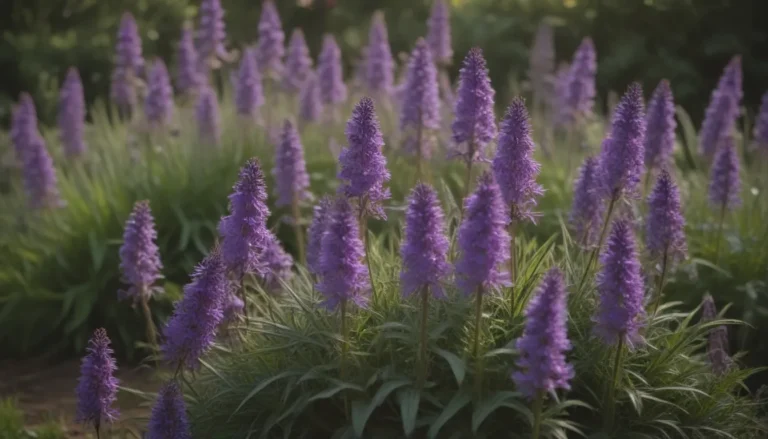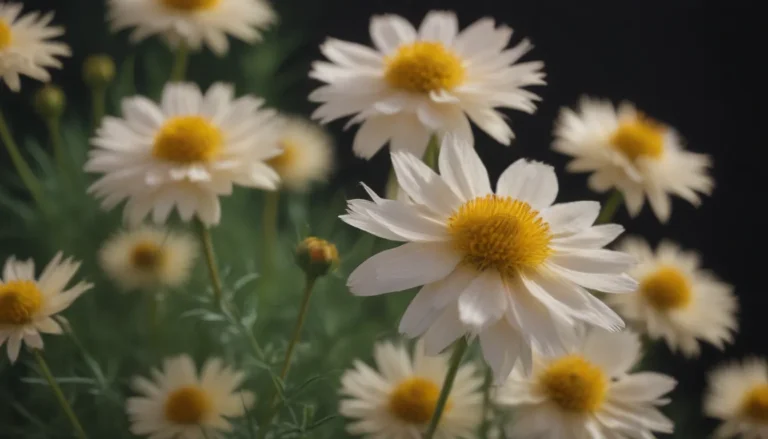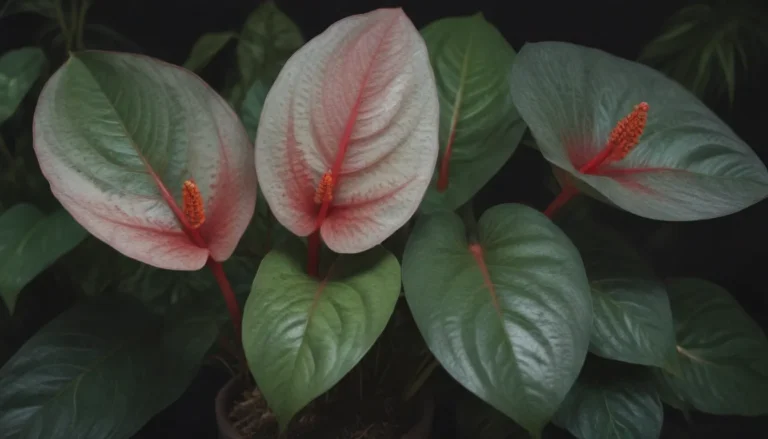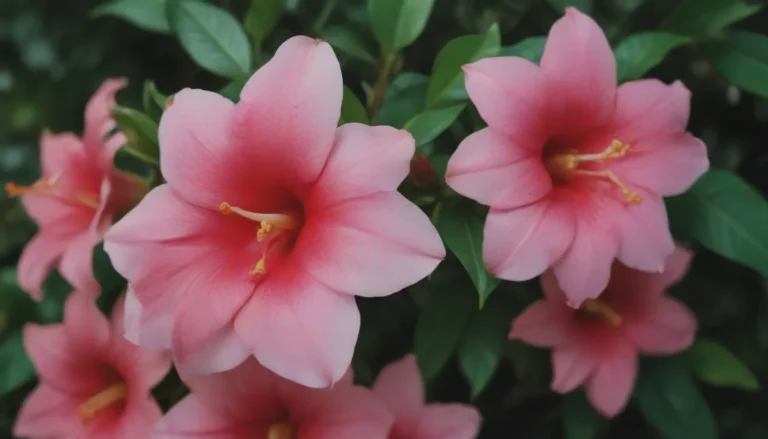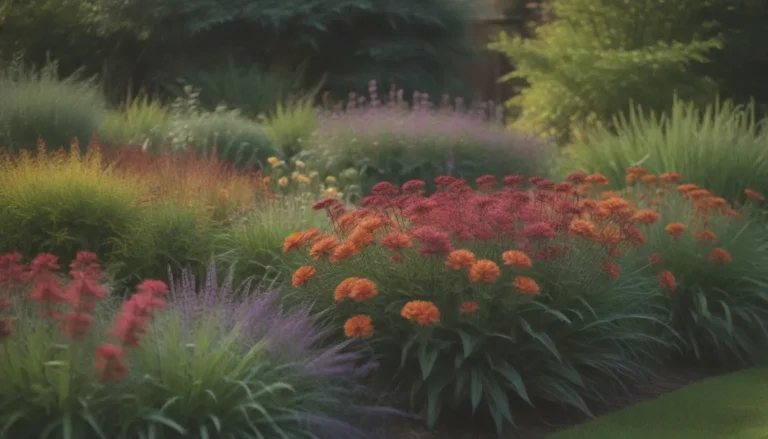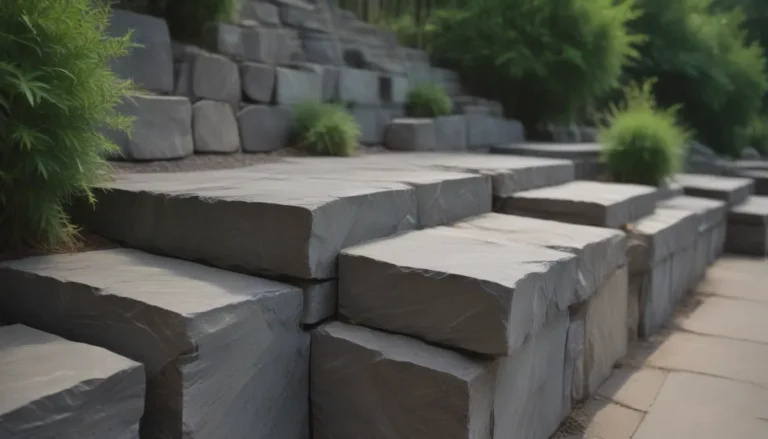Enhancing Blueberry Growth: 15 Companion Plants for Healthier Blueberry Bushes
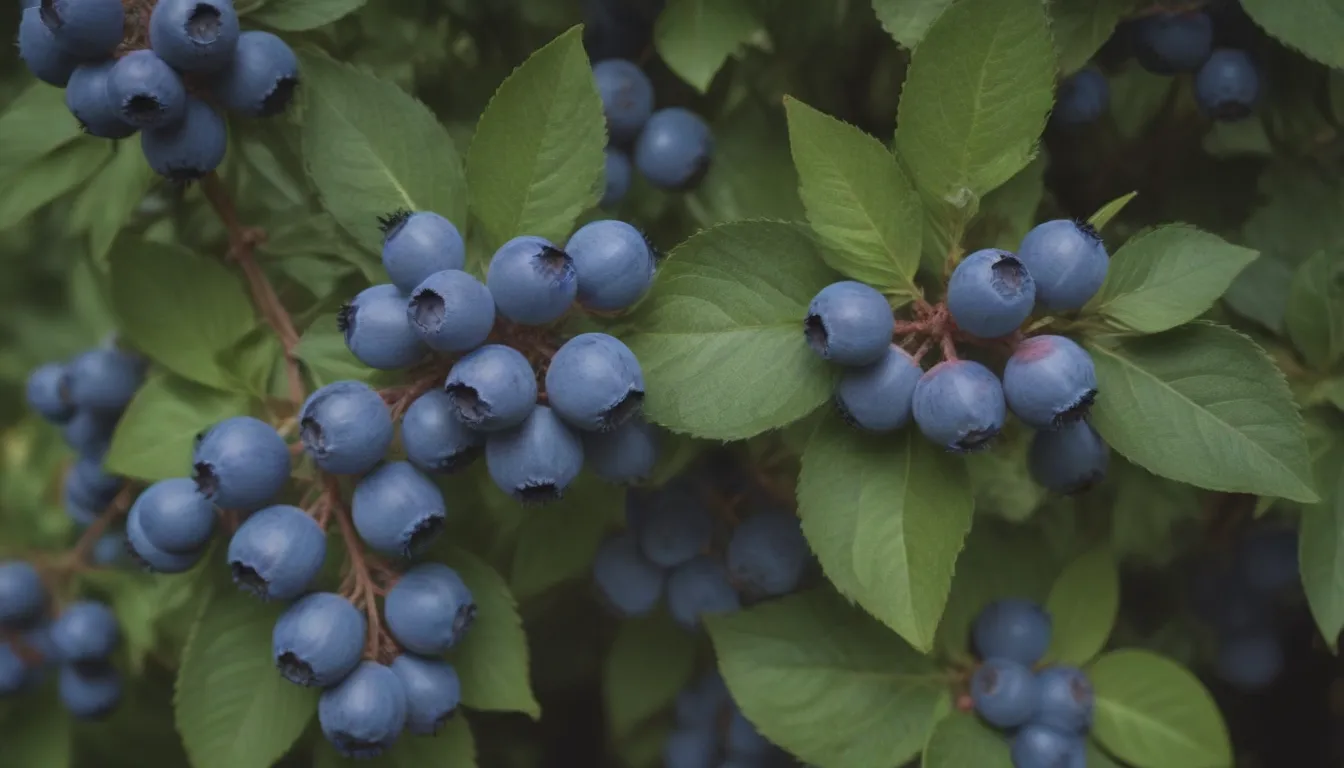
Welcome to the world of companion planting! This gardening technique involves strategically growing specific plants near each other to benefit one or both plants. When it comes to blueberries, selecting the right companion plants can provide numerous advantages, such as attracting pollinators, retaining soil moisture, and providing essential nutrients like nitrogen.
In this comprehensive guide, we will explore 15 blueberry companion plants that will not only foster growth in your garden but also add visual appeal to your outdoor space. From fragrant herbs to colorful wildflowers, these companion plants are sure to enhance the health and productivity of your blueberry bushes.
The Benefits of Companion Planting for Blueberries
Companion planting offers a multitude of benefits for blueberry plants. By choosing the right companion plants, you can:
- Attract pollinators like bees and wasps
- Repel common garden pests such as aphids and moths
- Retain soil moisture
- Provide essential nutrients like nitrogen
- Maximize space in your garden
- Improve the aesthetic appeal of your outdoor space
Now, let’s delve into the world of blueberry companion plants and discover how they can enhance the growth of your blueberry bushes.
Mint: Aromatic Pest Repellent
Mint is an aromatic herb that serves as a natural repellent for common garden pests like aphids and insects that target blueberry bushes, such as the blueberry maggot. Additionally, mint attracts bees and other pollinators, contributing to the growth of your blueberries.
Name: Mint
USDA Hardiness Zones: Varies
Light: Full sun to partial shade
Soil: Well-draining, rich soil
Tip: Due to its invasive nature, consider growing mint in pots near your blueberry plants.
Cranberries: Natural Companions
Cranberries share many qualities with blueberries, including their preference for moist, acidic soil. Planting cranberries alongside blueberries can encourage mutual growth and enhance the health of both plants.
Name: Cranberries
USDA Hardiness Zones: Varies
Light: Full sun to partial shade
Soil: Moist, acidic soil
Borage: Beneficial Insects Galore
Borage is an edible flower that attracts beneficial insects like ladybugs and wasps, which can aid in the growth of your blueberry plants. Some research suggests that borage adds trace minerals to the soil, benefiting neighboring plants as well.
Name: Borage
USDA Hardiness Zones: Varies
Light: Full sun
Soil: Well-draining, fertile soil
Sage: Vibrant Flowers and Pest Control
Sage is an excellent blueberry companion plant known for its vibrant flowers that attract beneficial pollinators. Its intense aroma also deters common garden pests like flies and moths, protecting your blueberry bushes.
Name: Sage
USDA Hardiness Zones: Varies
Light: Full sun
Soil: Well-draining, alkaline soil
Ferns: Shade and Moisture Retention
Ferns, such as the cinnamon fern and royal fern, thrive in acidic soil, similar to blueberry plants. These ferns provide shade to help maintain soil moisture, benefiting the shallow root systems of blueberry bushes.
Name: Ferns
USDA Hardiness Zones: Varies
Light: Shade to partial shade
Soil: Moist, well-draining soil
Warning: Ensure well-draining soil to prevent root rot, as both ferns and blueberries require moisture.
Lemon Balm: Fragrant and Invasive
Lemon balm offers similar benefits to mint, attracting pollinators and repelling harmful insects. Consider growing lemon balm in pots near your blueberry plants to prevent its invasive growth.
Name: Lemon Balm
USDA Hardiness Zones: Varies
Light: Full sun to partial shade
Soil: Well-draining, fertile soil
Strawberries: Shallow Roots, Mutual Benefits
Strawberries and blueberries share similar soil requirements and shallow root systems, making them ideal companions in the garden. Planting them together can enhance the growth of both plants without competing for nutrients.
Name: Strawberries
USDA Hardiness Zones: Varies
Light: Full sun
Soil: Well-draining, acidic soil
Onions: Natural Pest Repellents
Onions emit an intense odor that repels garden pests like Japanese beetles and aphids. Planting onions near your blueberries can help protect them from pests and larger threats like deer.
Name: Onions
USDA Hardiness Zones: Varies
Light: Full sun
Soil: Well-draining, fertile soil
Heather: Ornamental and Nutrient Match
Heather is a popular ornamental shrub closely related to blueberry plants. Both plants share similar needs, such as full sun exposure and well-draining, acidic soil, making them an excellent pairing in the garden.
Name: Heather
USDA Hardiness Zones: Varies
Light: Full sun
Soil: Well-draining, acidic soil
Basil: Fragrant and Nourishing
Basil attracts beneficial insects, repels common garden pests, and provides shade around the base of blueberry plants. Its adaptability to various soil conditions makes it an excellent companion for blueberries.
Name: Basil
USDA Hardiness Zones: Varies
Light: Full sun
Soil: Well-draining, fertile soil
Other Blueberry Plants: Cross-Pollinators for Better Yields
Planting multiple types of blueberry bushes together can enhance cross-pollination, increasing your yield and producing larger, tastier berries. While many blueberry varieties are self-pollinating, cross-pollination can further improve fruit production.
Name: Other Blueberry Plants
USDA Hardiness Zones: Varies
Light: Full sun
Soil: Well-draining, acidic soil
Rhododendrons: Blooms and Beauty
Rhododendrons complement blueberry bushes with their love of acidic soil and full sun exposure. Their vivid blooms add aesthetic appeal to the garden and coincide with the flowering time of blueberry plants, boosting pollinator activity.
Name: Rhododendrons
USDA Hardiness Zones: Varies
Light: Full sun to partial shade
Soil: Well-draining, acidic soil
Thyme: Groundcover and Pest Protection
Thyme attracts beneficial insects like parasitic wasps and provides groundcover to retain moisture and prevent weeds around blueberry plants. Certain thyme varieties offer multiple benefits for blueberries.
Name: Thyme
USDA Hardiness Zones: Varies
Light: Full sun
Soil: Well-draining, fertile soil
Bee Balm: Pollinator Paradise
Bee balm is a native wildflower that attracts pollinators like honeybees and wasps, essential for blueberry plant growth. Planting bee balm near blueberries can create a thriving ecosystem in your garden.
Name: Bee Balm
USDA Hardiness Zones: Varies
Light: Full sun to partial shade
Soil: Well-draining, fertile soil
Chives: Allium Allies
Chives, like onions, repel harmful insects with their pungent aroma and attract pollinators with their stunning purple flowers. Including chives in your garden can enhance blueberry production and create a visually appealing space.
Name: Chives
USDA Hardiness Zones: Varies
Light: Full sun to partial shade
Soil: Well-draining, fertile soil
Plants You Shouldn’t Grow With Blueberries
While there are numerous companion plants that benefit blueberry bushes, some plants may hinder their growth. Avoid growing the following plants near your blueberries:
- Nightshades
- Brassicas
- Grasses
When selecting companion plants for your blueberries, consider the nutrient requirements, soil composition, and growth habits of each plant to ensure they complement rather than inhibit each other’s growth. Remember, bees play a crucial role as pollinators for blueberry plants, so creating a pollinator-friendly garden is essential for optimal growth.
In conclusion, by choosing the right companion plants for your blueberry bushes, you can create a flourishing ecosystem in your garden and enjoy bountiful harvests of juicy, delicious blueberries. Experiment with different combinations of companion plants to see which ones work best for your garden and watch your blueberry bushes thrive with the added support of their beneficial companions. Happy gardening!
